Originally published in the HUB.
Johns Hopkins University’s 21st Centuries Cities Initiative is making a significant investment in urban policy improvements, doling out $204,000 for six new research projects.
Of the grant-winning projects announced Monday, five are based in Baltimore, including one that examines the health impacts of the city’s vacant property turnover program and another that aims to boost Latino civic activism. The one project outside Baltimore looks at an experimental housing model in Buenos Aires, Argentina.
Ben Seigel, director of 21CC, calls these short-term projects “the signature research product” for the Johns Hopkins initiative, which focuses on revitalizing cities. This is 21CC’s second round of the seed grants, after an inaugural launch of six projects last year.
This time around, 21CC selected the winners from 27 initial proposals, Seigel said. The cross-disciplinary projects were required to include a Hopkins faculty member and a local partner, such as city agency or nonprofit. They cover one of three focus areas: mixed-income neighborhoods, economic inclusion, or neighborhood health and safety.
A roundup of the grant-winning projects is below; researchers are from Johns Hopkins unless otherwise noted.
21CC Seed Grant Recipients
Alternative Models of Housing Development Programs in Buenos Aires, Argentina
The reconfiguration of Buenos Aires’ urban environment since the 1990s has resulted in a rising number of evictions and struggles for housing space. The project will study the impact of the government-run Program for Self-Managed Housing, an experimental, community-based model.
- Researchers: Juan Obarrio and Valeria Procupez of the Department of Anthropology; Maria Carla Rodriguez of School of Social Sciences at the University of Buenos Aires
- City/community partners: MOI (Movimiento de Ocupantes e Inquilinos/Movement of Squatters and Tenants) in Buenos Aires
Improving Interethnic Social Cohesion by Promoting Latino Participation in Neighborhood Associations
Little is known about how intentionally including Latino immigrants in neighborhood associations affects the community’s ability to address violence and crime, or how such inclusion affects social cohesion. The project will use observation, surveys, and interviews to examine barriers to Latino participation in local associations.
- Researchers: Marco Grados of the Division of Child and Adolescent Psychiatry; Marcelo Batkis of the Department of Psychiatry; Christine Eith of the School of Education; Sadie Peters of Johns Hopkins Community Physicians; Donna Fallon Batkis, senior psychotherapist of the Hispanic Clinic at Johns Hopkins Hospital.
- City/community partners: Baltimore City Council member Zeke Cohen (First District)
The School and Housing Market Relationship in an Era of Choice
Predicting school enrollment has become more challenging with an increase of neighborhood choices. Using housing market and demographic data, the project will produce updates models for school enrollment projections.
- Researchers: Jeffrey Grigg and Marc Stein of the School of Education
- City/community partners: Baltimore City Public Schools and Baltimore City Department of Planning
Health in All Policies: Evaluating the Use of Alcohol Outlet Zoning Policy to Improve Health, Safety, and Economic Conditions in Urban Neighborhoods
The project will assess the impact of new zoning policies for alcohol-selling establishments in Baltimore, which have been known as crime attractors. Researchers will look at the health, safety, and economic conditions of residents in affected neighborhoods.
- Researchers: Rachel Thornton of the School of Medicine and Bloomberg School of Public Health; Jacky Jennings of the School of Medicine; Christina Stacy of the Urban Institute
- City/community partners: Baltimore City Department of Planning and Baltimore Department of Housing and Community Development
Public Health Impacts and Implications of Targeted Neighborhood Revitalization—Lessons from Baltimore’s Vacants to Value (V2V) Program
This study will lay the groundwork for assessing the health impacts of Baltimore’s Vacants to Value program, launched in 2010 to target substandard properties for renovation and transfers. The team will develop neighborhood case studies and interview city officials, nonprofits, and developers to analyze preliminary impacts of V2V. with the goal of generating data inventories and maps.
- Researchers: Joel Gittelsohn and Yeeli Mui of the Department of International Health; Joseph Schilling of the Urban Institute
- City/community partners: Baltimore Housing and Baltimore Neighborhood Indicators Alliance
How Information and Future Expectations Affect Educational Investments among Low-Income Youth in Baltimore
The study will examine why low-income Baltimore youth often pursue short-term degrees from for-profit programs instead of more lucrative four-year college degrees, looking at the factor of adverse life events that create instability. The team will then design interventions to prevent such educational interruptions.
- Researchers: Stefanie DeLuca of the Department of Sociology; Nicholas Papageorge of the Department of Economics; Seth Gershenson of the Department of Public Administration at American University
- City/community partners: Baltimore City Public School System and Baltimore City Community College




